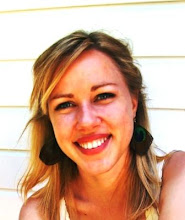What pomp and circumstance surrounds today. The powerful, the educated, the rulers, all stand arrayed on the platform like the planets of some strange system waiting to welcome a new sun. -- Except for Dick Cheney. He looking decrepit in his wheelchair (He injured his back trying to move boxes for the big move-out from the admiralty residence), mopes in a corner. Al Gore is also there, reliving his disappointment -- The marine corps bands lets loose a burst of fanfare.
Obama descends the Capitol's marble steps with measured steps, right behind the Speaker of the House. His face is pleased, grave, inscrutable. The world is his today. The crowd waves half a million American flags, dancing pink pixels from this distance, while sharpshooters survey them with binoculars. Every few hundred yards sits a box capable of detecting biological and chemical weapons.
Sen. Dianne Feinstein of California delivers opening comments; Rick Warren delivers the invocation in the name of Jesus, enough to make a great may in that crowd greatly uncomfortable.
I cannot help but think today of another king who came - into another capital - riding not in a limousine with three-inch steel, but on an ass, cheered for an afternoon and put to death the next.
To be a believer in Christ puts one in a strange position. We honor authorities. We cheer the triumph of justice and the exercise of wise leadership. But we withold from it our hopes. Instead we pin them to the cross, that symbol, lest we forget, of rejection and humiliation, believing that He who game Himself for all is made greater than all, and those who take their oath today are nothing more than stewards until He comes again.
All Clear!
-
Of all the memories, experiences and things I brought back from Uganda, I
have managed not to bring Malaria with me. I was so happy I had to share it
with ...
16 years ago





